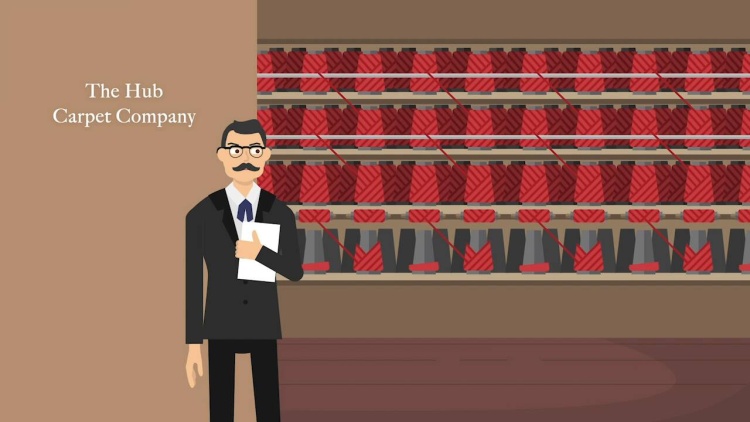Benedict v. Ratner
United States Supreme Court
268 U.S. 353 (1925)
- Written by DeAnna Swearingen, LLM
Facts
The Hub Carpet Company (the Hub), a New York company, agreed in writing on May 23, 1921 to assign its accounts receivable to Ratner (plaintiff). The assignment served as security for two loans totaling $30,000. The arrangement was secret. The Hub gave Ratner a list of outstanding accounts each month, and the accounts on the September 23 list were worth $90,000. Ratner had the right to demand an accounting and require the payments be applied to the loans, but the Hub was under no obligation to do so until then. The Hub collected the payments but continued to use the proceeds as it liked. Four months after the assignment, the Hub was forced into involuntary bankruptcy in the United States District Court for the Southern District of New York. Ratner asked the court to force Benedict (defendant), the receiver and trustee, to turn over money collected on the accounts. Benedict objected, claiming that the assignment was fraudulent under New York law, and asked the court to force Ratner to turn over any money he had collected. The district court held Ratner’s assignment valid and his title to the accounts perfected by delivery of the September 23 list. The appellate court affirmed. Benedict petitioned the Supreme Court of the United States for certiorari, which was granted.
Rule of Law
Issue
Holding and Reasoning (Brandeis, J.)
What to do next…
Here's why 904,000 law students have relied on our case briefs:
- Written by law professors and practitioners, not other law students. 47,100 briefs, keyed to 995 casebooks. Top-notch customer support.
- The right amount of information, includes the facts, issues, rule of law, holding and reasoning, and any concurrences and dissents.
- Access in your classes, works on your mobile and tablet. Massive library of related video lessons and high quality multiple-choice questions.
- Easy to use, uniform format for every case brief. Written in plain English, not in legalese. Our briefs summarize and simplify; they don’t just repeat the court’s language.





